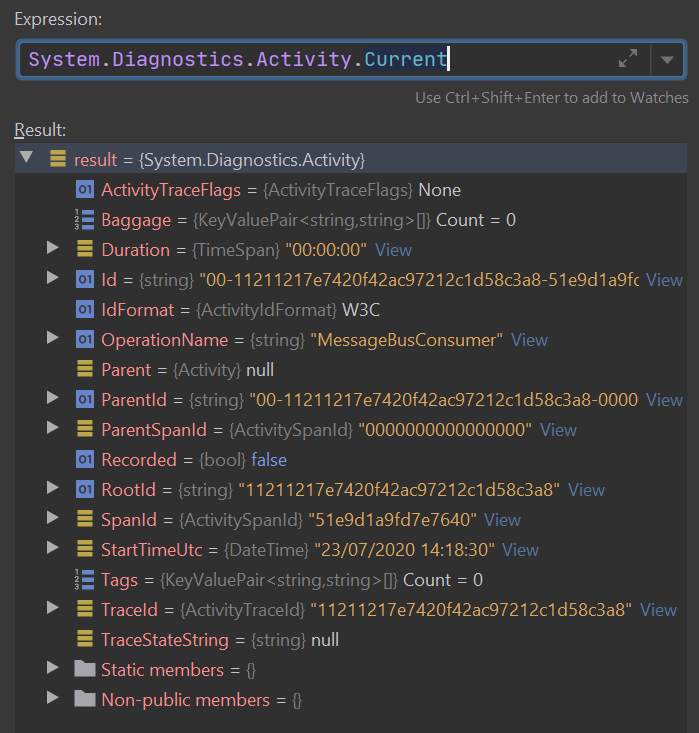Forked from @damien-roche's gist. Here's my addendum.
Method lookup is a simple affair in most languages without multiple inheritance. You start from the receiver and move up the ancestors chain until you locate the method. Because Ruby allows you to mix in modules and extend singleton classes at runtime, this is an entirely different affair.
I will not build contrived code to exemplify the more complicated aspects of Ruby method lookup, as this will only serve to confuse the matter. If you are having trouble following method lookup in your own programs, it is not because Ruby has strange rules (it does), it is because your code is too tangled.
When you pass a message to an object, here is how Ruby finds what method to call:

